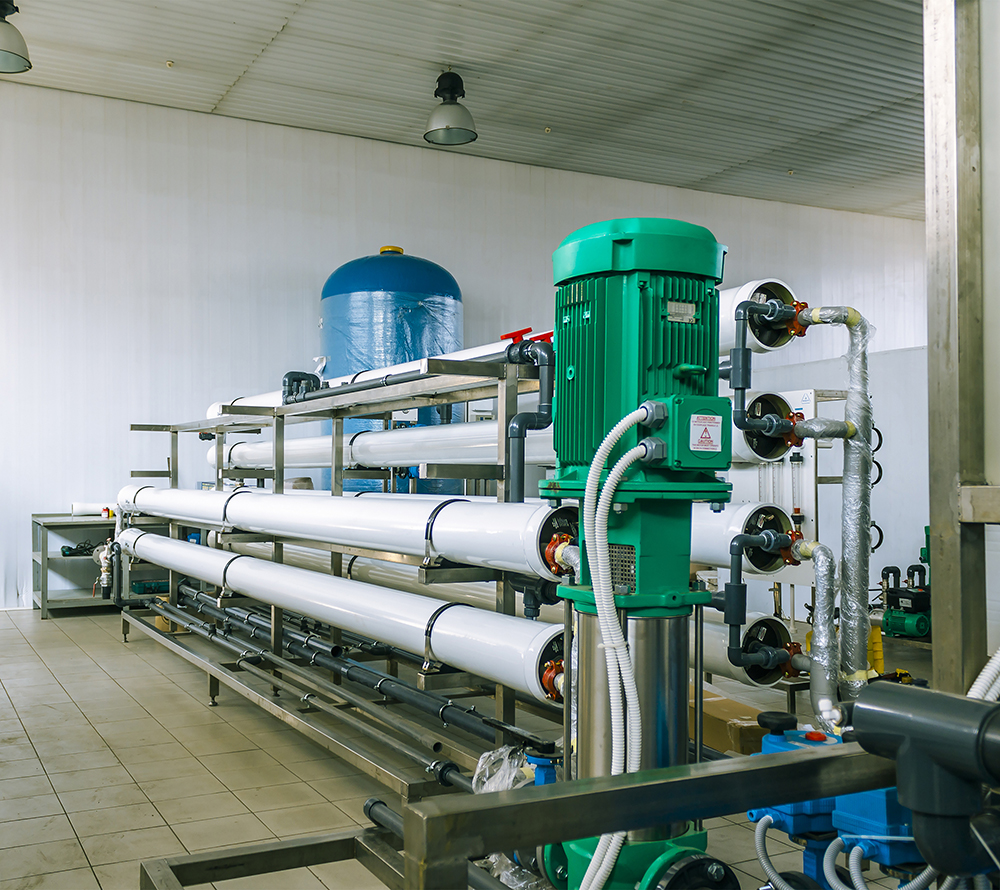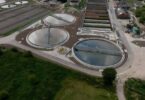
Water is essential for all living things, including plants, animals, and humans. Clean water is also required for industrial services to work correctly. Research shows that high-income countries use roughly 59% of their water for industrial usage. Implementing water-saving techniques and installing high-quality water-efficient technologies are just some of the ways that industries can improve their efficiency
Filtration on an industrial scale is critical to many professions and businesses. Its twin goal of increasing the life of manufacturing equipment and eliminating particles and impurities from liquids makes it an industry must-have.
There are numerous reasons why investing in high-quality filtration systems is crucial. In any industry, assessing the advantages and risks of such a large purchase is essential against the bottom line. Why is it important to worry about contamination and pollution in water sources? What impacts do they have on machinery, employees, and the environment?
Buying quality filtration products for the industrial industry positively impacts all these areas.
Equipment Protection
Filtration prevents costly industrial machinery from becoming damaged in the production process. Equipment can suffer severe damage if it encounters contaminants during the manufacturing process. Water that is contaminated can result in unpleasant odors, corrosion, and the formation of scale build-up.
Industrial filtration systems typically have lower maintenance costs than the industry average. Hard water, acidic water, or alkaline water are the three types of water that can cause harsh damage and breakage. Because of the filtration system, these chemicals can be removed, saving money, and reducing the likelihood of incurring expensive costs for equipment repair.
Purification
Industrial filtration serves several essential purposes, one of the most important of which is to capture and remove contaminants and contain them so that they can be disposed of appropriately.
Filtration, which involves the removal of particles and substances, can thoroughly clean water and prevent the spread of contaminants. Filtration systems help remove pollutants and should be used whenever possible. Without filtration, industries would waste a significant number of non-renewable resources, negatively impacting the environment.
Industries with wastewater can achieve proper filtration by using a sludge dewatering system. Sludge dewatering systems separate the sludge components, making it much easier to treat or dispose of either component individually. The solid residue is discarded, while the filtered liquid is sent for further treatment to make the water reusable.
Industrial water filters can remove various impurities depending on the filter’s components. Herbicides, chlorine, bacteria, and various other pollutants are just a sampling of pollutants that can be found.
Water free of chlorine and other chemicals can benefit operations that use an industrial filtration system. This is especially true for businesses involved in the food preparation industry.
Employee and Workplace Safety
The primary objective of water filtration is to protect consumers from infectious diseases and other conditions transmitted through contact with water. Because of the filtration process, the likelihood of workers coming into contact with highly contaminated or potentially hazardous items is significantly reduced.
Most high-quality water filtration systems are built to meet stringent health and safety standards, allowing these systems to help businesses meet quality and safety standards. Because they are not as likely to be exposed, workers have a lower risk of becoming ill or passing the illness on to their families. This would decrease workers’ compensation claims, employee time off, and medical costs.
A water conservation plan that includes several targets and benchmarks for employees and the organization can be developed. It is simple to incorporate water-saving applications, but proper maintenance and inspection will result in long-term changes. Checking for leaks or faults regularly will ensure that no water or money is wasted.
Increase Efficiency
Filtration makes industrial processes more efficient, which in turn reduces the amount of wasted time and effort caused by those processes. When waste separates into its different component types, each category can undergo appropriate processing before being disposed of.
Failure can occur in the manufacturing equipment if it becomes clogged. Any business could end up incurring high additional costs because of this. By avoiding the accumulation of scale build-up, the money that would have been spent on repairs and downtime can be put toward expanding the company’s operations.
Water filtration systems can be combined with other treatment systems to improve overall efficiency. Compared to a system that does not have an optimized filtration system, properly designed water filtration systems can lower operating costs and result in less work interruption. Other water purification methods can benefit from removing impurities by using a high-quality filtration system.
Cleaner Environment
Consumers are looking for companies and brands that are conscious of their water consumption and have plans to reduce waste. Because filtration makes recycling a wide variety of industrial components possible, this process contributes significantly to protecting the natural environment. With the growing need for environmental awareness, companies that engage in such practices garner the interest of prospective shareholders and investors, which in turn helps to improve the brand’s image.
Depending on the local water quality guidelines, relying solely on the water treatment provided by the municipality for water can be risky. The water in the area may become contaminated because of sanitation work or other nearby pollutants. By reusing filtered water, industrial facilities can reduce their carbon footprint, limit the pollution that enters waterways, and eliminate hazardous substances or solids in an environmentally responsible manner.
Industrial filtration is an essential component to have when it comes to the day-to-day operations of a wide variety of different industries. Undoubtedly, the utilization of a filtration system will bring about positive results. There will be a rise in workplace productivity, fewer funds will need to be directed to maintenance, fewer instances of equipment and staff being unavailable, and it will be better for the environment.
Do you have an article or video that you would like to share? Submit your article here or keep up with the latest news from the water industry and wastewater industry by subscribing to our weekly newsletter.







